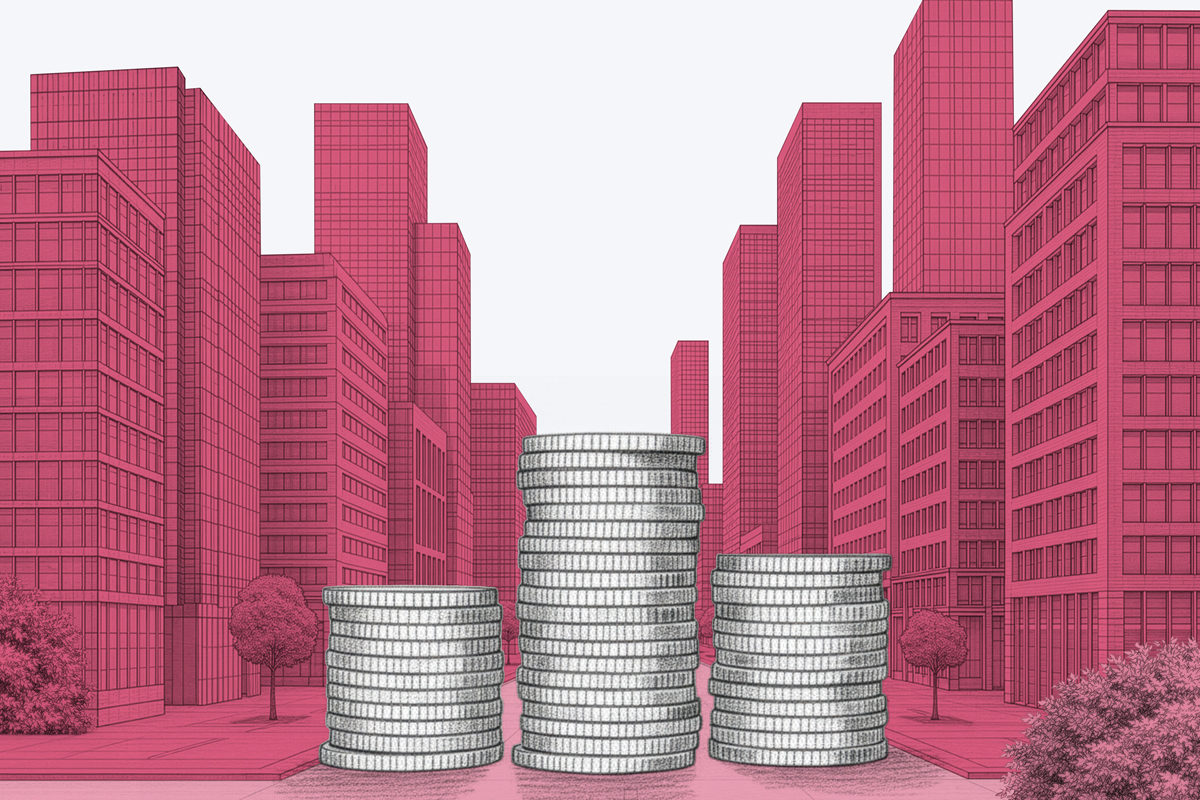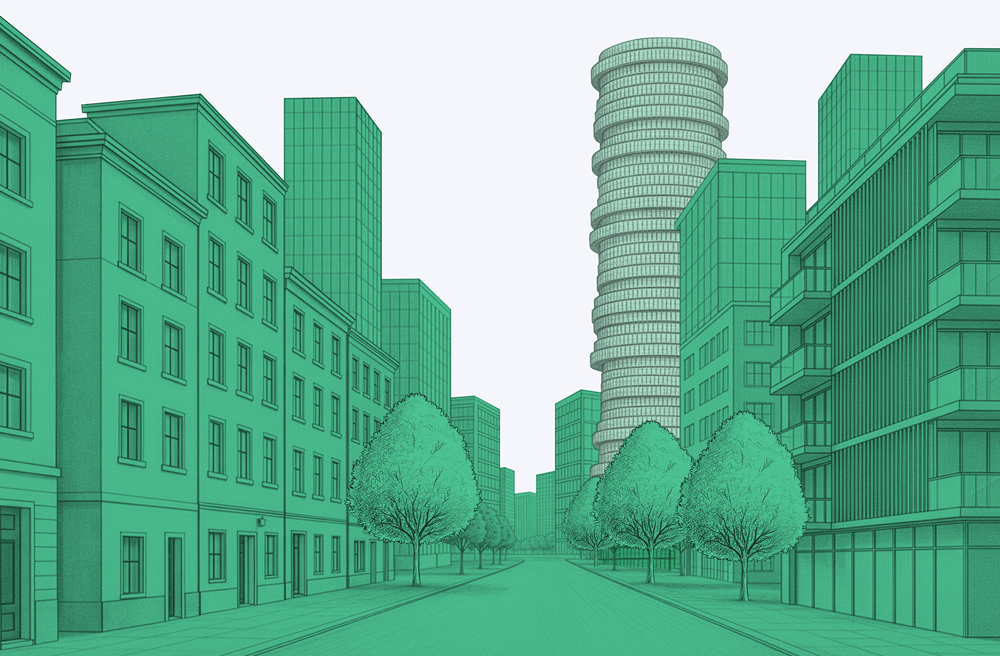Liquidity
Traditional real estate investments are known for being illiquid, often requiring significant time and effort to sell a property. Tokenization can transform this by enabling easier buying and selling of real estate tokens on digital platforms, providing real estate investors with more liquidity than they would typically experience.
As tokenized real estate becomes more mainstream, with the efforts of companies such as Estate Protocol and Libertum, the availability of secure and liquid secondary markets will make it easier for investors to enter and exit positions, reducing the risk associated with being locked into long-term investments.
Accessibility
Real estate investors often look to diversify their portfolios to mitigate risk. Tokenized real estate allows them to gain exposure to different types of properties across various geographies without the need for large capital outlays. This opens up investment opportunities in high-value real estate markets that may have otherwise been out of reach for individual investors.
Traditionally, investing in real estate requires substantial capital, a lengthy acquisition process, and ongoing management. Tokenization democratizes this process by allowing investors to purchase fractional shares of a property, thereby lowering the minimum investment amount and allowing investors to spread their risk across multiple properties.
Lastly, the ability to invest in real estate across different countries can also provide protection against economic instability or currency devaluation in an investor's home market.
Potential for appreciation
As we know risk-averse investors choose real estate to develop a stable returns investment portfolio since properties are known to appreciate over time. The introduction of tokenized real estate can be designed to offer competitive yields, potentially higher than those found in traditional real estate or bonds. For example, some platforms may distribute rental income or profits directly to token holders, offering a more direct and potentially more profitable investment structure. As the tokenization space matures and adoption increases, the underlying tokens representing real estate assets may also appreciate in value, providing an additional layer of returns for investors.

The Utility of Tokens: Borrowing, Lending, and Beyond
One of the most exciting aspects of tokenized real estate is the integration with decentralized finance (DeFi) platforms, such as Defactor. These platforms offer borrowing and lending features that make real estate more accessible and financially flexible. For example, property owners can use their tokenized real estate as collateral to obtain loans, providing them with liquidity without having to sell their assets. Similarly, investors can lend their tokens to earn interest, further enhancing the utility and profitability of their investments.
This financial flexibility is particularly appealing to both risk-averse and risk-accepting investors. Risk-averse investors gain access to liquid assets and the ability to generate passive income through lending, while risk-accepting investors can leverage their holdings to explore other high-return opportunities within the crypto space.
Considerations for Investors
Investors interested in exploring the interplay between real estate and tokenization should consider several factors:
Risk Capacities: Understanding one’s risk tolerance is crucial. Tokenized real estate offers a blend of stability and potential for higher returns, making it an attractive option for those looking to diversify their portfolio while managing risk.
Market Readiness: The success of tokenized real estate depends on market readiness. While the technology and platforms are rapidly evolving, investors should ensure there is sufficient liquidity and secure marketplaces for trading these tokens.
High Returns vs. Stability: Tokenised real estate provides an opportunity for higher returns compared to traditional property investment, but it also carries different risks, particularly related to the underlying technology and market dynamics.
Property Condition and Due Diligence: Just like traditional real estate, the condition of the underlying property is crucial. Investors must conduct thorough due diligence to assess the value and potential of the property represented by the token.
The Future of Investment: A Balanced Approach
The convergence of real estate and crypto through tokenization represents a shift in how we think about investments. It offers a balanced approach, combining the best elements of both asset classes. For the risk-averse, it provides an entry into the dynamic world of digital assets without abandoning the safety of real estate. For the risk-accepting, it offers a way to diversify and mitigate the volatility inherent in the crypto market.
As the technology and regulatory frameworks continue to evolve, the tokenization of real-world assets like real estate is poised to become a mainstream investment strategy, appealing to a wide range of investors with varying risk appetites. By embracing this innovative approach, investors can take advantage of new opportunities in the financial landscape, balancing the potential for high returns with the stability of traditional assets.
Final Thoughts
RWA tokenization offers liquidity, accessibility, and financial flexibility, bridging the gap between stable, long-term real estate investments and the high-yield potential of DeFi. Defactor provides the essential toolkit for tokenizing, managing, and utilizing assets, allowing investors to unlock liquidity, engage stakeholders, and participate in open finance opportunities.
This article was inspired by a recent X space featuring Defactor, For more information on upcoming spaces, Follow Defactor
Updated on 14/03/2025: This article has been revised to reflect the latest product information.






